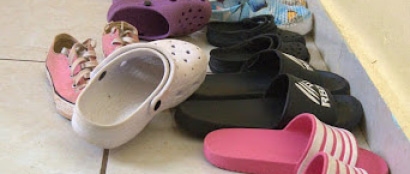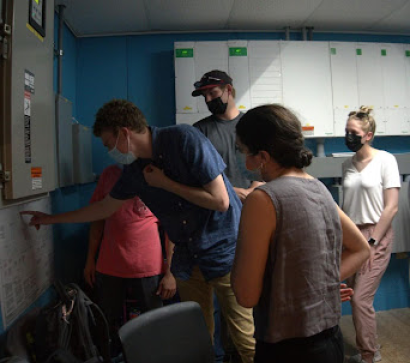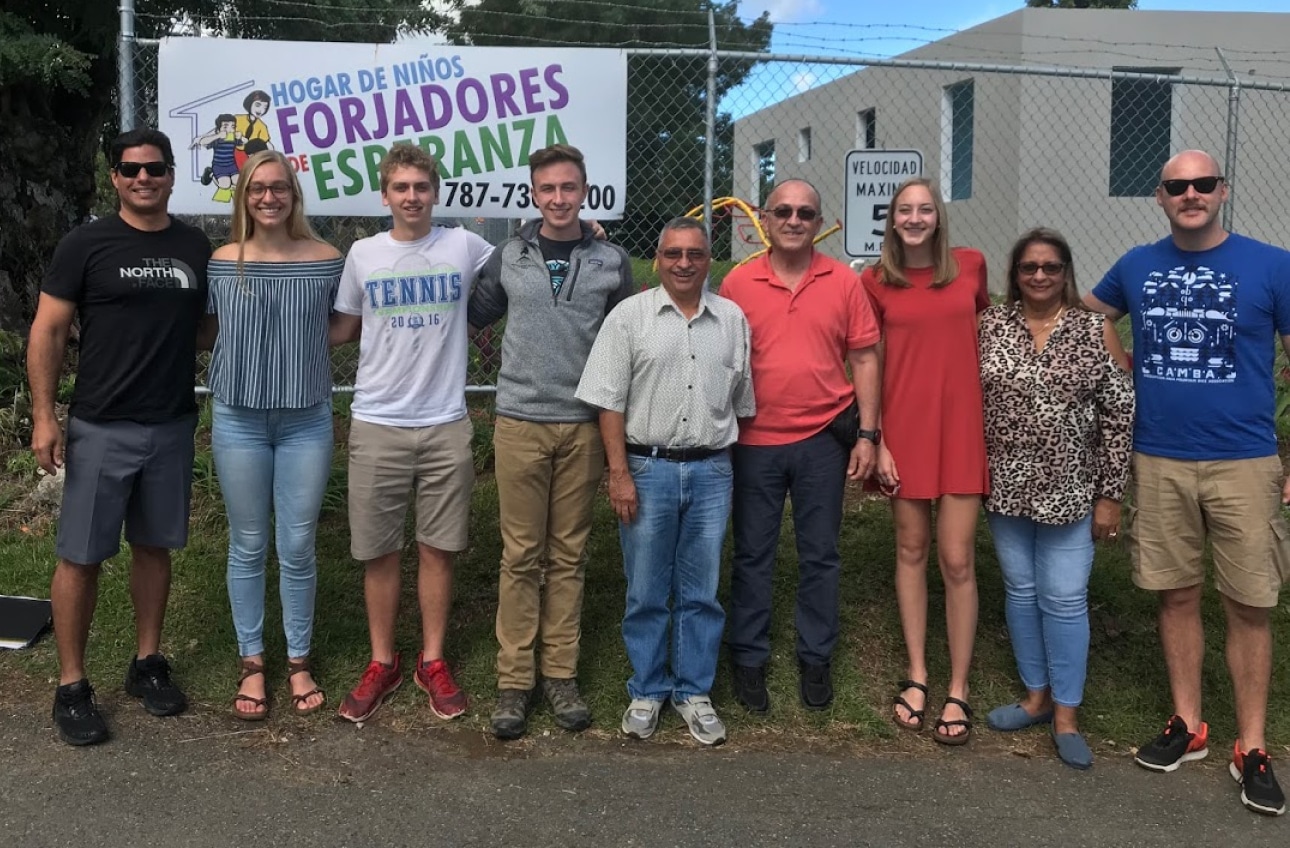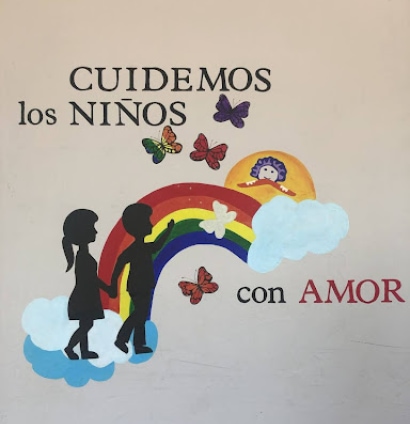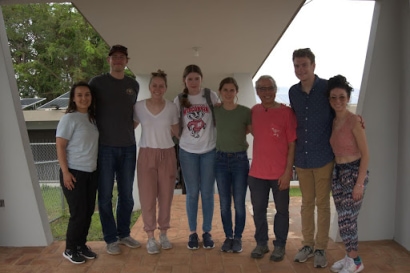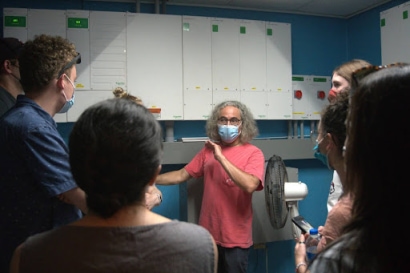Building a Brighter Future
Following the devastation of Hurricane Irma and Hurricane Maria in 2017, Puerto Rico's electrical grid experienced severe disruptions. The hurricanes caused most of the transmission and distribution system to collapse, leading to one of the longest blackouts in U.S history and leaving residents in some parts of the territory without electricity for almost a year (Energy.gov). Years later, the long term effects caused by the storms on the power grid are still being felt by residents all over the island. On the western coast, in Mayagu?ez, Puerto Rico, one organization was struggling to provide their critical services due to the unreliable and costly nature of electricity.
Hogar Albergue para Niños Jesús de Nazaret, Inc. (Hogar) is a non-profit organization dedicated to housing, caring for, protecting, and meeting the essential needs of children who have been victims of abuse or neglect. Civic leaders of the Mayagüez community founded the organization in 1991, and after 5 years of hard work and rallying the support of other community members, Hogar opened its doors in May of 1995. The home serves children from birth to 11 years of age, providing them with personalized care, medical services, nutrition support, transportation, education, recreation, and more.
In 2018, with Puerto Rico’s grid still struggling to recover, Hogar was in need of a reliable source of energy. Frequent blackouts disrupted daily life, making it challenging for staff to maintain the level of care the children needed. The high cost of electricity was also draining their limited budget, taking away funds that could be used towards critical resources. In order to continue to provide their services effectively, Hogar needed technical assistance in designing a solar system that would provide them with a reliable source of energy, decrease the amount of money spent on power, and allow them to be better prepared for natural disasters.
Through Community Engineering Corps, students from the University of Wisconsin Madison took the lead on this project with the support of professional mentors from Wisconsin and Puerto Rico. The volunteer team designed a solar system and developed a plan to mount the solar array on the roofs of the property to both maximize space and the solar potential of the building. They acted as Owner’s representatives, during implementation, which was completed by a local solar installation company. Lastly, the chapter developed an operations and maintenance manual and trained the staff to care for the new system, ensuring its longevity. The system was designed with great consideration of the frequent storms that impact the island and was developed in such a way that it would be able to withstand hurricane force weather to aid in maximizing its lifetime.
Today, the solar system is fully operational, providing reliable electricity and significantly reducing the shelter's energy costs. The monthly savings have allowed Hogar to reinvest in other critical initiatives and services. Offering stability in uncertain times and impacting the quality of life of the children and staff. At Community Engineering Corps, we are proud to support organizations like Hogar, by co-creating solutions that will help them have a more sustainable future and allow them to reinvest in their core mission.
CECorps is celebrating over 10 years of Impact addressing U.S. infrastructure inequity.
Learn about the state of U.S. infrastructure and our work over the years on our Impact Page.


